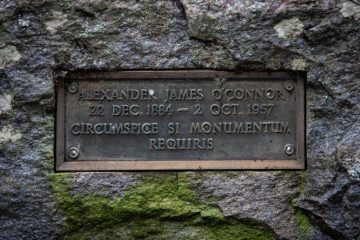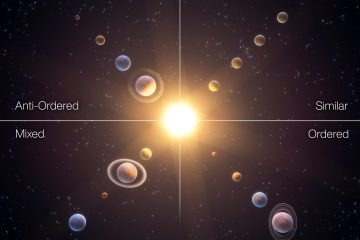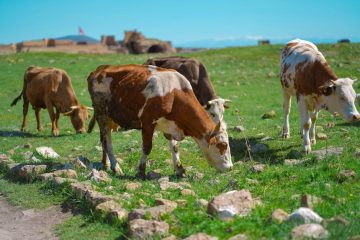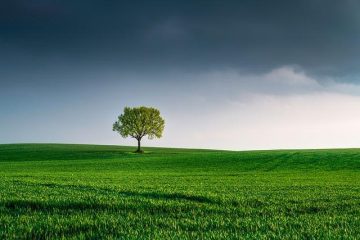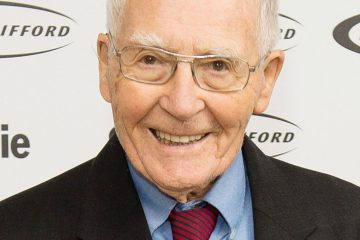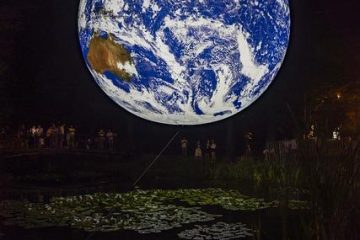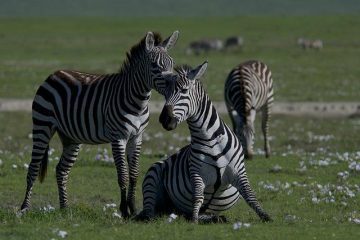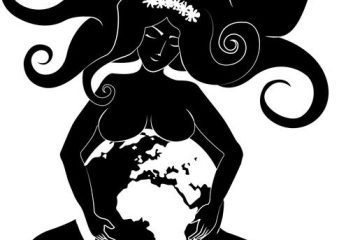James Lovelock
james lovelock the living earth
James Lovelock, the visionary scientist behind the Gaia Theory, revolutionized our understanding of Earth as a living organism. His work urges us to see the planet not merely as a backdrop for life, but as an intricate, interconnected web where every element plays a crucial role.
